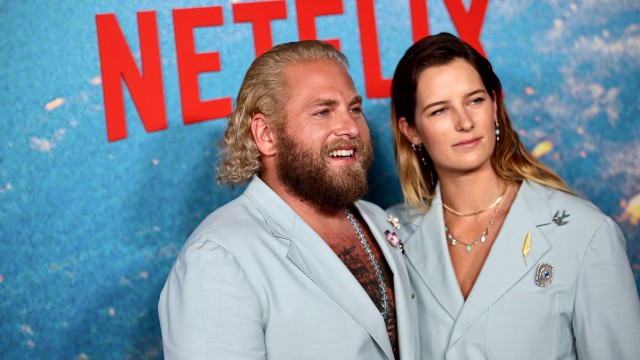
“He’s agreed to go to couple’s therapy,” is a phrase I often heard as an independent domestic abuse advocate (a trained expert, providing emotional and practical support to anyone experiencing abuse, helping them understand what they’re going through and their rights and options). It was a phrase that always sank my heart. It would often signal the end of my work with a particular woman. She’d have sought our support after a point of crisis, an escalation of the abuse. She might not yet have been ready to leave but gotten to a place where she signalled that things simply couldn’t continue as they were. Her abuser, desperate to keep her around, will have conceded. “Fine, we’ll try therapy,” he’d have said, likely followed by the hundred and one caveats that abusers give, hellbent on keeping their needs at the forefront upon every turn.
Soon she’d seek support from our service again, having found that the sessions hadn’t helped and sometimes feeling even more uncertain of herself. As I told many of the survivors I supported, when abuse is involved, couples therapy can cause more harm than good.
Sarah Brady, the ex-girlfriend of actor and mental health champion Jonah Hill, appears to have had a similar experience, if the messages between her and Hill that she shared are to be believed (and it should be noted that Hill has yet to comment on this). That said, the rage and self-pity-filled rants purport to show Hill using language like “boundaries,” “accountability” and “respect” to control and belittle Brady. In one of the messages, Hill brings up the couple’s therapist, using their sessions to back up his attempts to cut Brady off from “unapproved” friends, colleagues and even work opportunities. Much has been written in recent months about the use of “therapy speak” to justify selfish behaviour. The dynamics of couples therapy can also leave a lot to be desired.
It’s important to caveat that as a domestic abuse advocate, I witnessed survivors transform their lives with the help of trauma-informed individual and group therapy. Its power shouldn’t be dismissed. But in the context of domestic abuse, couple’s therapy sometimes undoes the main goal of trauma-informed, independent advocacy. That is, helping a survivor understand that it’s not all their fault, they are not to blame, and the abuser is choosing abuse. Couples therapy, on the other hand, often requires both parties to take equal accountability for the dynamics of the relationship. In the hands of a skilled manipulator, this is a valuable weapon.
Domestic abuse could be imagined as a pair of blazing hot spotlights – the spotlight of needs and the spotlight of faults. The perpetrator is the only lighting technician on the job, and basks themself in a warm light that highlights their every need and want. Simultaneously, they smoulder their partner in the glare of supposed faults and transgressions. In this mise-en-scène, it can be very difficult to see clearly. It’s not surprising then that the survivor will tend to take on more than their fair share of responsibility and hone in on the illuminated wants of their partner. Their own boundaries, needs and desires – even very basic ones like feeling safe and respected – go unnoticed in the shadows. This setup is very evident from the alleged conversations between Brady and Hill. Even as, allegedly at Hill’s request, Brady agrees to take down photographs of herself that directly further her career (a pretty important need!) the unending barrage of demands and “boundaries” don’t appear to let up.
But wouldn’t a skilled therapist be able to reset the ambience and illuminate the reality of the relationship? In theory, yes. In reality, many issues can get in the way. First off, survivors will often hide the transgressions of their abusers from the therapist, seeking desperately to keep the peace, or avoid dangerous retribution behind closed doors. Heeding a therapist’s encouragement to share openly can end up having very severe consequences further down the line. But the intimidation of their partner being in the room is often more than enough to keep a survivor quiet. They may also truly believe that they’re to blame for many of the issues in their relationship.
Secondly, abusers tend to be very good at manipulating others around them and creating a squeaky-clean public image. Some go so far as to portray themselves as the exact opposite of how they act behind closed doors. (A Netflix series about healing, mental health, working on yourself and helping others through their pain would do the trick. Check.) This can muddle even a skilled therapist. Add to that status, power, money and fame and the inequalities of the outside world can easily find their way onto the therapy couch.
Lastly, if and when a couples therapist begins to shine a light on the abuser’s actions – suggesting they might need to take some responsibility – they’ll often find their services are no longer needed. A hasty cancellation text just before a session may be the last time they hear from the couple.
So while some therapists, versed in the dynamics of domestic abuse, may take the necessary steps to safeguard a survivor, others may end up reaffirming that they were the problem in the first place. We have no way of knowing what exactly played out between Hill, Brady and their therapist but I know I’ll be cautious of advising couples therapy when there’s even a hint of emotional abuse.
Severia Bel is a freelance writer


